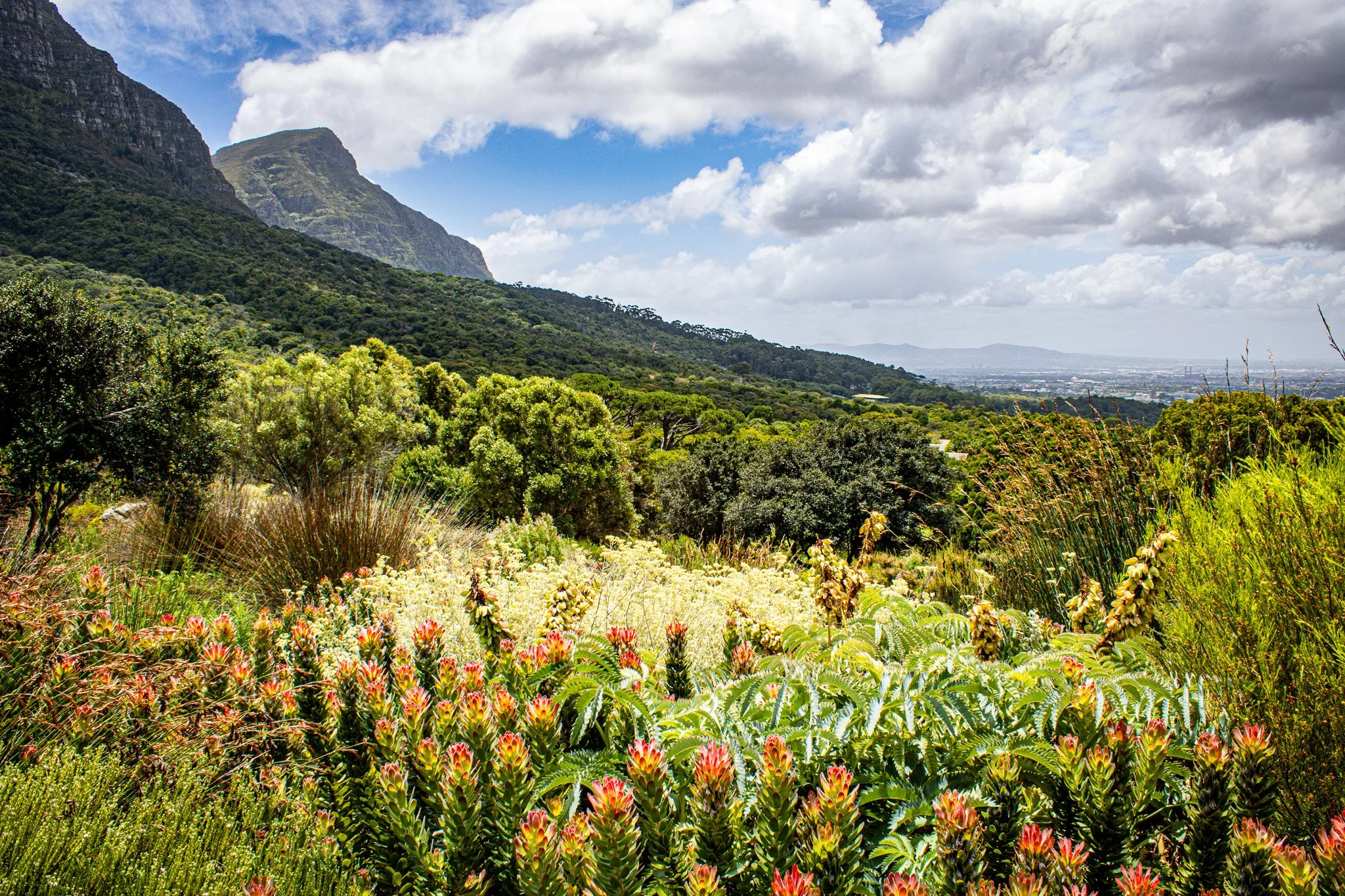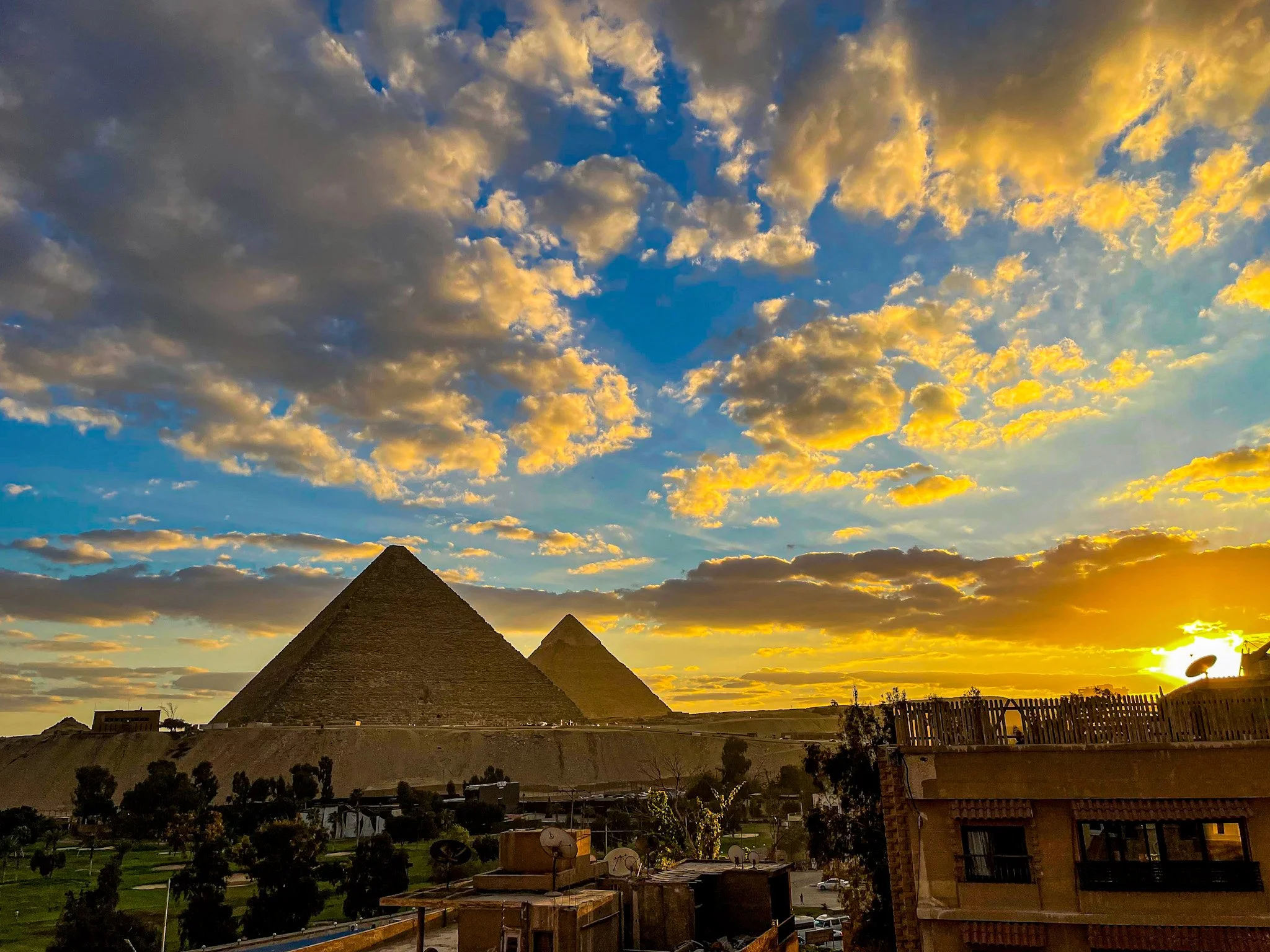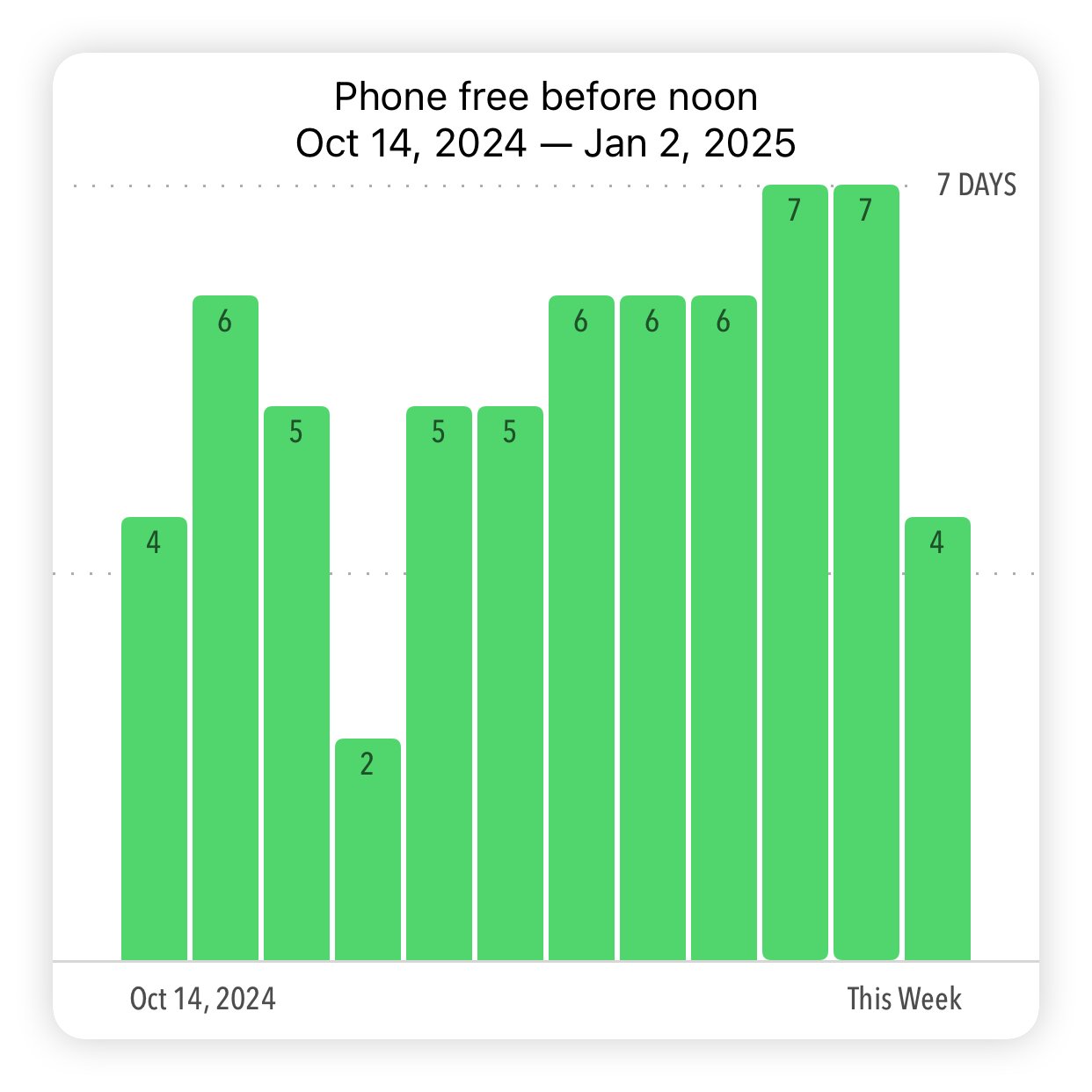A New President
There’s a new president as of yesterday.
As I started writing this in the days leading up to the inauguration, I kept saying to myself, “we’re going to have a different president soon.” And I think he’ll be a new president; I don’t think he will be the same chief executive as last time. I am apprehensive, but I want to echo the words of Steve Kerr, whom I respect, in that I hope he does well. I hope he helps this country, because we need help. I have my doubts, but I will not sabotage the wellbeing of our country just because I don’t like our leader.
I’ve never met Trump and probably never will, but I fear his fatal flaw as a leader: his inability to be wrong. Since 2016 when he entered politics, I’ve never seen him admit to being wrong or making a mistake. I’ve never heard him apologize. And that’s a terrible precedent to set for a country as its leader. Because we are all equal. The President of the United States is no more important a human than the child just born, than the immigrant who just entered the country. We are all human beings living on planet Earth in the year 2025.
We have the knowledge and technology to change, and if we only organize, we can change the world. We can ensure everyone on the planet has a means to eat and live. We can ensure everyone in the United States has opportunity to pursue a fulfilling, prosperous, healthy life. This is possible. We just have to believe it’s possible. If Trump aims to truly pursue this for the American people, then I will join him. But I need to see evidence first. Saying “I’m sorry” or “I was wrong” would be a good start. Maybe he can change.
I didn’t end up watching any of the inauguration or surrounding coverage. It’s not because I was so upset about the change in leadership. It was more… I was just over it. And I don’t like being in that place. I wrote a draft for a blog post back in late November asking, “are you still watching the news now that the election is over?” Well I’ve stopped. We get fatigued. Politics matters. Political action changes lives. But the industry makes everything a crisis. When everything is a crisis, you can only pay attention for so long.
We’re not in a good place as a nation right now. Many are apathetic. Some are excited. We all own the responsibility of marshaling our thoughts and emotions to make this country better. I hope Trump can lead us to a better place. But along the way, I hope we all remember that we’re all American, we’re all human, and we all want the same things. We’re so much better off than our parents’ parents’ generation. Let’s continue building and making the world better. United in that pursuit, we can change the world.












